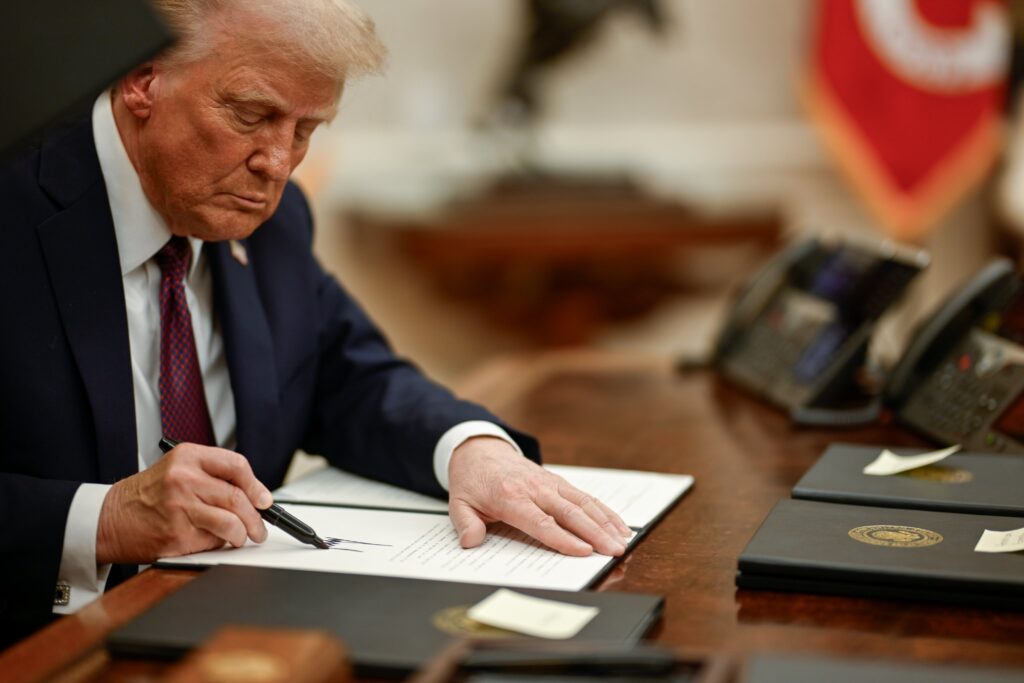Trump Implements New $100,000 Fee for H-1B Visa Applicants
In a significant move to reform the H-1B visa program, President Trump has signed an executive order imposing a steep annual fee for skilled foreign workers. This decision aims to prevent perceived abuses of the visa system and has sparked widespread debate over its potential impact on the US labor market.
The new executive order will establish a $100,000 fee for applicants to the H-1B visa program, which allows U.S. businesses to employ foreign workers in specialty occupations. The announcement comes amidst ongoing discussions about the perceived misuse of the program, with Trump citing 'abuse' as a key reason for the decision.
Supporters of the fee, including Trump, argue that it will deter companies from exploiting the visa system, while critics contend it will only serve to undercut the American workforce. Billionaire entrepreneur Elon Musk has previously claimed that H-1B visas are essential for attracting top talent to the U.S., emphasizing the need to balance immigration policies with economic growth.
The new fee structure is expected to go into effect on September 21, and companies will face the fee for each applicant, potentially adding up to considerable expenses over time. Howard Lutnick, the U.S. Commerce Secretary, noted this could force companies to assess the value of the foreign workers they hire, suggesting it might be more cost-effective to hire local talent instead.
Historically, applications for H-1B visas have been capped at 85,000 per year, and before this change, overall costs associated with the visas amounted to approximately $1,500 in various administrative fees. New data indicate that applications have declined significantly, hitting a four-year low at roughly 359,000 for the next fiscal year.
India has been the largest beneficiary of the H-1B program, accounting for 71% of approvals in the past year, with many businesses voicing concern about the new fee structure and its potential to disrupt their operations. Legal experts warn that the high fee could exclude many small and medium-sized companies from participation, limiting their ability to source the skilled labor they require.
As the implementation date approaches, companies, particularly in the tech sector, are bracing for the changes and considering the broader implications these policies will have on American competitiveness in the global market.
















